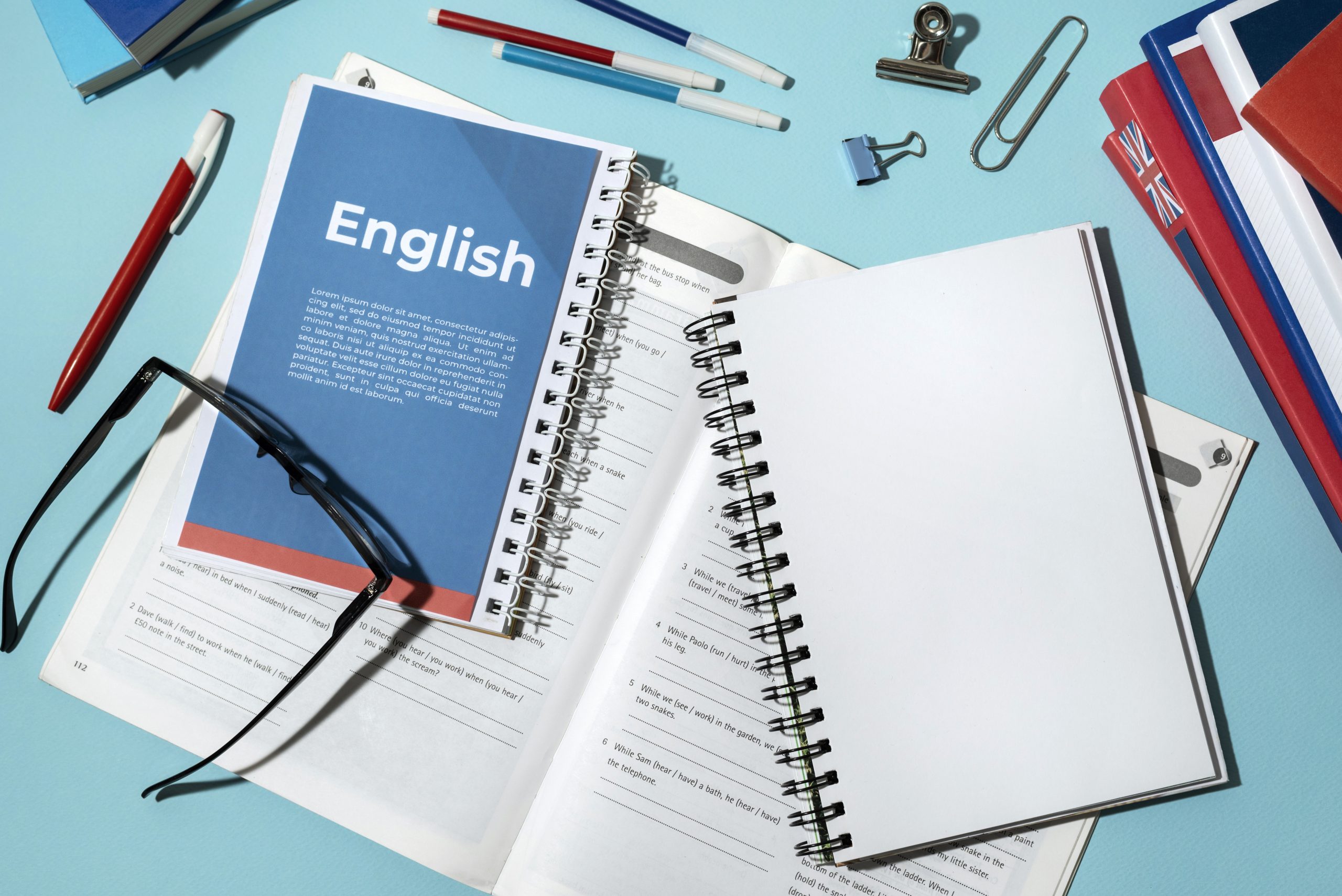We will help you with tips on how to improve English quickly and easily. These days we are so busy with work, children, shopping, running errands, making time for friends, visiting family, etc., and we all want to know the easiest, quickest, and most effective way to improve English. But when do we have time to sit down and improve a language? Check out some tips on how to improve English quickly and easily.
Set aside time each day
First and foremost, realistically, you have to spend time every week studying English, even if it is only a few minutes a day. My advice for improving vocabulary is very easy. See point 2.
Improve 4 English words every morning
Every morning think of four words in your language that you don’t know in English and write them down in a notebook. Even before you grab your cup of coffee, use a dictionary or the Internet to look up the meaning of the English words. These will be your vocabulary for the day. You have to repeat the words throughout the day. Carry the notebook with you, in your car, in your bag, on your desk, always have it at hand! Easy – and it only takes a few minutes a day. Learning four new English words a day means a total of 28 new words a week. And don’t worry if you’re not entirely sure you’re using the words correctly, it’s about at least exposing yourself to new vocabulary.
Are you a morning or evening person?
Do you work better at night or in the morning? Decide when you are best placed to improve English easily and choose the time that works best for you.
Find your best way of improving
Normally a child improves surrounded by his or her mother tongue, experiences linguistic immersion and gradually, over the years, improves different aspects of his or her language. They learn to read, write, listen and speak. Some things will be easier than others, but all of them are very important. So, to improve English quickly and easily, think about how much it helped you to improve your own language – reading, writing and speaking – and try to remember which method was easiest for you. For example, if you found it easy to improve by reading at school, try to find easy English books to read and build your confidence, vocabulary and comprehension.
Find guidelines to follow and improve English
For example, in the pronunciation of English such as ‘what, where, ‘when’, ‘the cat, sat on the mat’, or in the conjugation of verbs such as ‘go, going, gone’. Go from easy to difficult, although sometimes it is good to challenge yourself as trying to express something more complicated will motivate you to improve even more. When you are improving your English vocabulary, associate the word with a picture in your head. For example, for the ‘flower’ picture a beautiful plant growing, while you might think of someone using ‘flour’ to make bread.
Study before every English class easily
My next tip is to research the topic of your next online English lesson. Impress your teacher by knowing the related vocabulary or you may have found questions you want to ask. Try logging on to your computer 10 minutes before class and prepare your head for English. Reading about the topic in advance can help you prepare for class and allow you to express yourself better.
Listen to what others in the class say
During group lessons, some students turn down the volume of their classmates until it’s their turn to speak. Not a good idea! Listen to what others say. First, they may make mistakes that you make too and you can both improve when the teacher corrects them. Second, English is universal. You have to get used to hearing it from people all over the world. A French person speaking English may sound different from a Chinese person. English is the language of the world, so it’s important to understand the variations.
Review the lesson and notes after each class
At the end of the lesson, don’t forget to review the slides and vocabulary or re-read the notes for corrections. If there are words you don’t know, write them down and review them later. The next day you should try to revise by writing down what you have improved or talking to someone about the lesson in English.
Try to think in English
Possibly my favourite English improving tip is to think in English. Yes, you heard me right, try thinking in English. No matter how busy you are, before you do something you have to think, right? Why not think in English? Force yourself to do it. It’s going to be hard at first because your brain will naturally want to think in your language. If you don’t know how to say a word, write it down in the notebook you have with you and ask for it in class or look it up. I know it may sound crazy (I think that’s why I like it so much), but trust me, it will help. Do it out loud too, but better not in public, we don’t want anyone to think you’re going crazy.
Set weekly and monthly goals
I like to sit down every Sunday evening and see what I have to finish the following week and complete at the end of the month. This is something you should do too. Sit down once a week and decide where you want to be the following week. Do you want to finish a lesson in the unit? Maybe when the month is over you would like to be able to write about yourself at a higher level. When you have set your weekly and monthly goals, do everything you can to achieve them – make sure you reward yourself too!
I hope you have found some of these tips for improving English useful. Follow these tips, apply them every day and improve English quickly. Any exposure to English, whether it is in your head, in class or looking it up in a dictionary is beneficial and helps you to become fluent quickly. Finally, don’t forget to congratulate yourself on what you have achieved, and don’t just focus on what you haven’t achieved.

